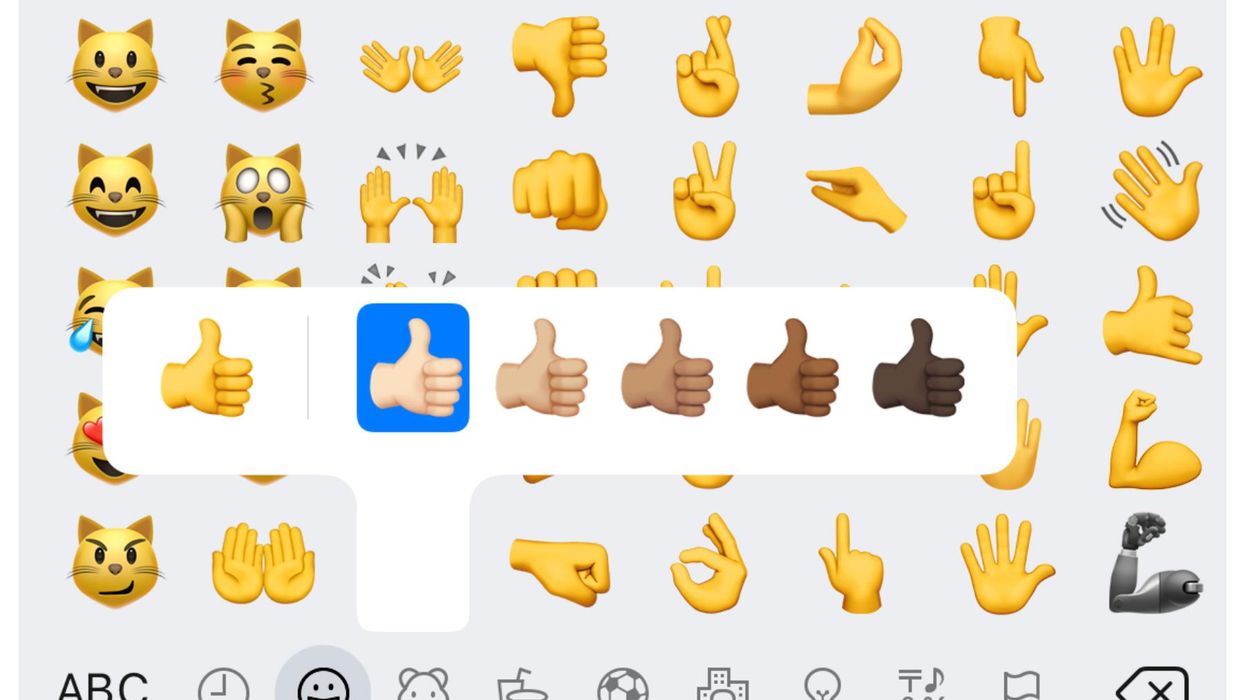
A Canadian farmer got into a spot of bother when he sent a thumbs-up emoji.
Chris Achter sent it to acknowledge receipt of a contract, but a judge ruled it amounted to a contractual agreement and a digital signature and made him pay a fine.
He must now pay C$82,000 ($61,610; £48,310) for failing to fulfil the contract, which was to deliver 86 tonnes of flax that grain buyer Kent Mickleborough was looking to purchase in 2021.
Mickleborough said he spoke with Achter on the phone about his potential purchase, saying he was looking to buy the grain.
He then texted the farmer a draft of a contract, writing "please confirm flax contract".
Achter responded with a "thumbs-up" emoji, but did not deliver the flax by the date specified.
But Achter said the thumbs-up emoji "simply confirmed that I received the flax contract. It was not a confirmation that I agreed with the terms".
In a landmark Court of King's Bench ruling released in June of this year, Justice Timothy Keene sided with Mickleborough.
He leaned on a Dictionary.com definition of the emoji, which states that "it is used to express assent, approval or encouragement in digital communications".
"I am not sure how authoritative that is but this seems to comport with my understanding from my everyday use - even as a latecomer to the world of technology," Justice Keene wrote.
He added that while a signature is the "classic representation" of confirming someone's identity, that does not prevent an individual from using modern-day methods - like emojis - to confirm a contract, and that an emoji can be used as a digital signature.
"This court readily acknowledges that a thumbs-up emoji is a non-traditional means to 'sign' a document," Justice Keene wrote. "But nevertheless under these circumstances this was a valid way to convey the two purposes of a 'signature'", he said - to identify the signatory, which is done using Mr Achter's cell phone number, and to convey acceptance of the contract.
"I agree that this case is novel (at least in Saskatchewan), but nevertheless this Court cannot (nor should it) attempt to stem the tide of technology and common usage," the judge concluded.
Have your say in our news democracy. Click the upvote icon at the top of the page to help raise this article through the indy100 rankings.













